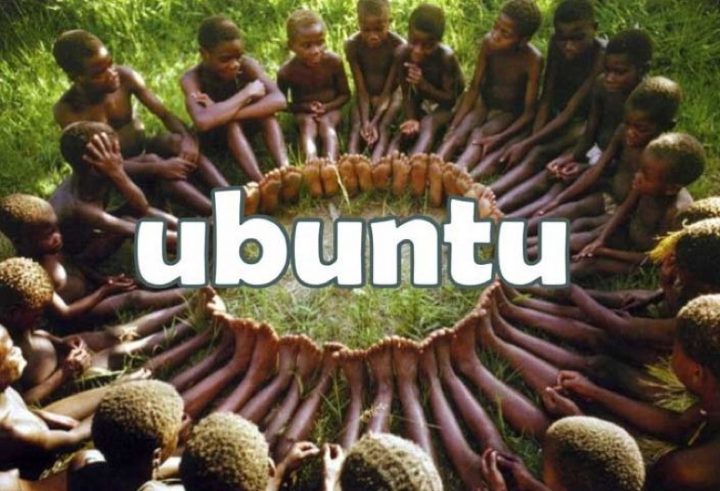Based on compassion, respect for others and the belief in a common bond joining all of humanity, Ubuntu is a philosophy and a way of life in Sub-Saharan Africa. Its values – in different languages and dialects – have connected peoples such as the Bantu, the Bakongo, the South African Zulus and Xhosa, and the Nigerian Yuruba and Hausa for many years.
Kings, queens and tribal chiefs such as Sundiata Keita in Mali and Queen Nzinga in Angola fought to improve society and combat slavery. They were inspired by values of solidarity and brotherhood, and demonstrated that there was an alternative to internal conflict.
Indeed, Ubuntu demands that we support and help each other, asserting that “I am because we are” and “I am what I am because of who we all are.” The Ubuntu philosophy inspired Gandhi during the time he spent in South Africa. It also inspired Nelson Mandela in his fight against the oppression of his people, allowing him to leave the brutal apartheid regime behind without seeking revenge or bloodshed and create the extraordinary Truth and Reconciliation Commission, an example subsequently followed by other countries.






